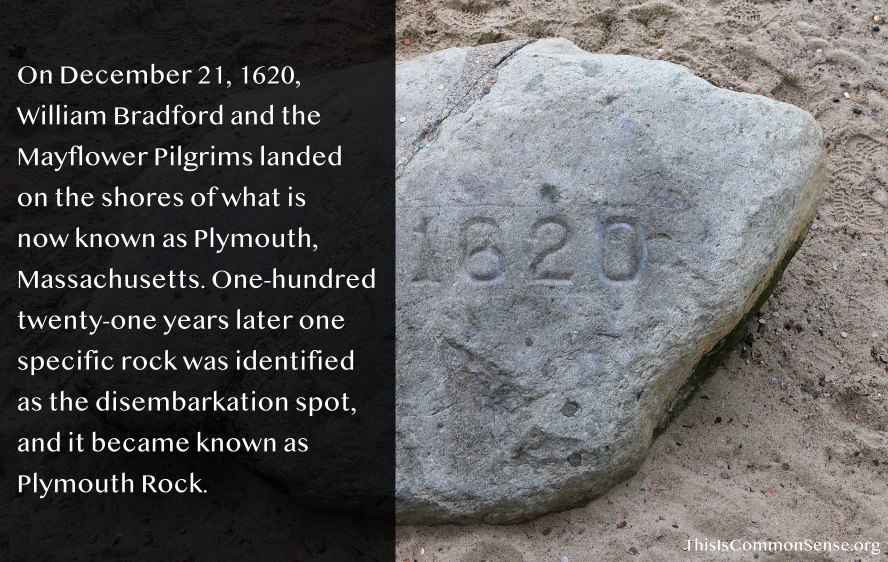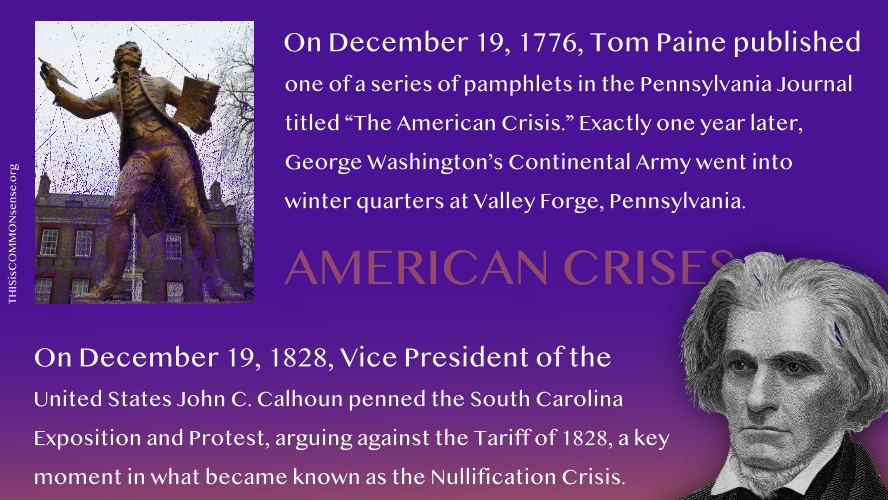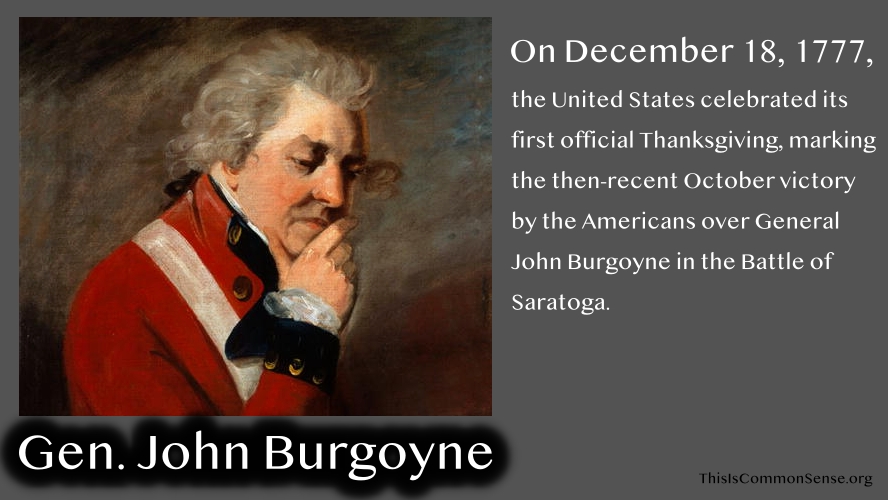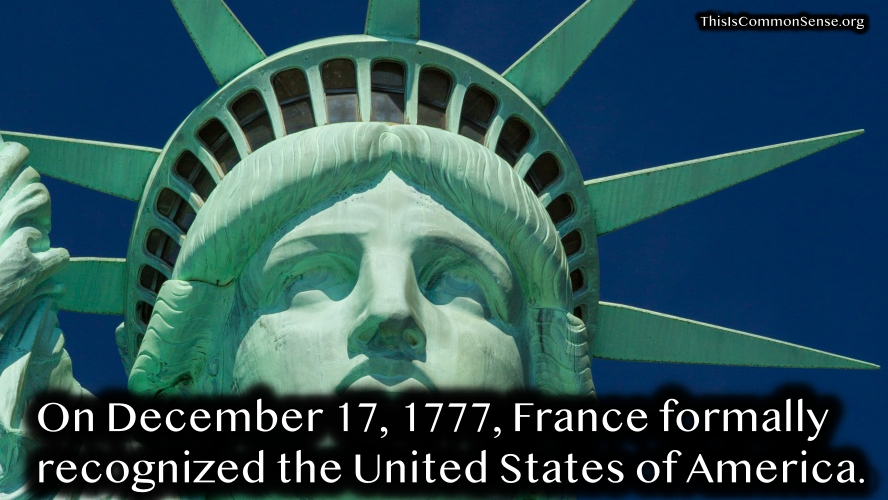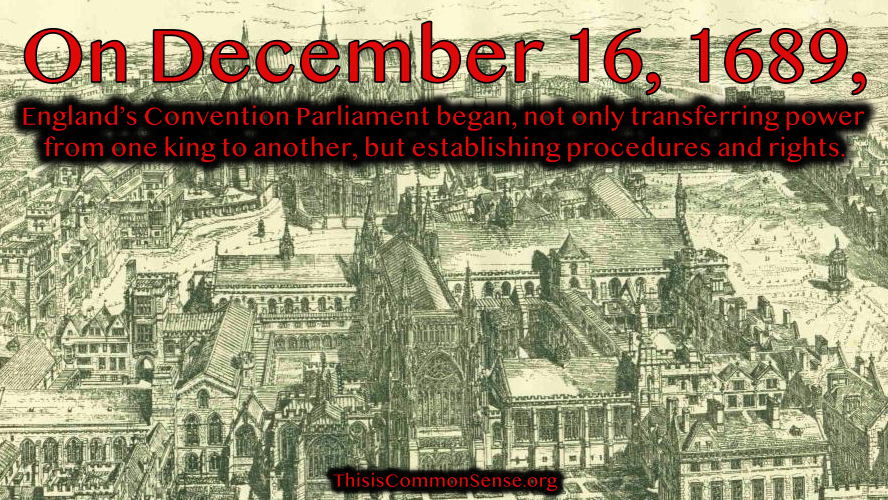On December 21, 1620, William Bradford and the Mayflower Pilgrims landed on the shores of what is now known as Plymouth, Massachusetts. One-hundred twenty-one years later one specific rock was identified as the disembarkation spot, and it became known as Plymouth Rock.
American settlers in Nacogdoches, Mexican Texas, declared their independence on December 21, 1826, starting the Fredonian Rebellion.
